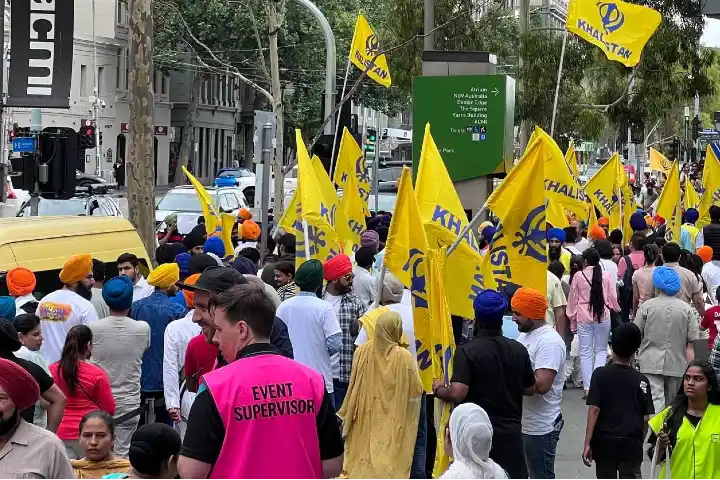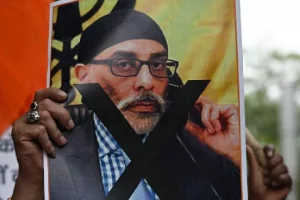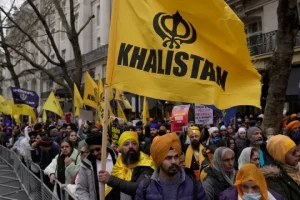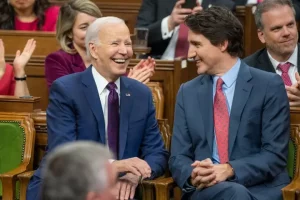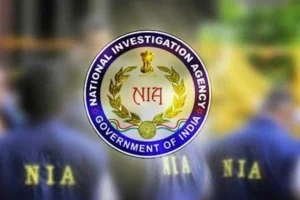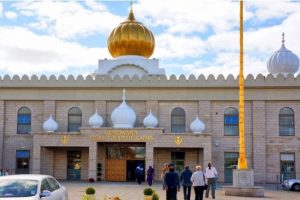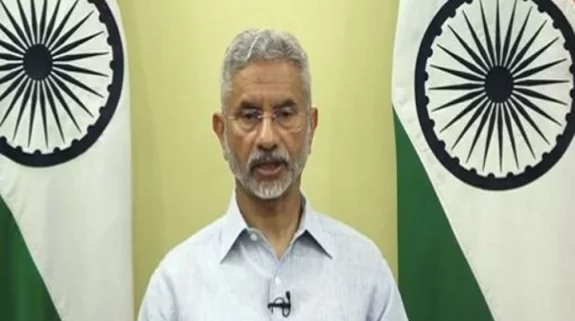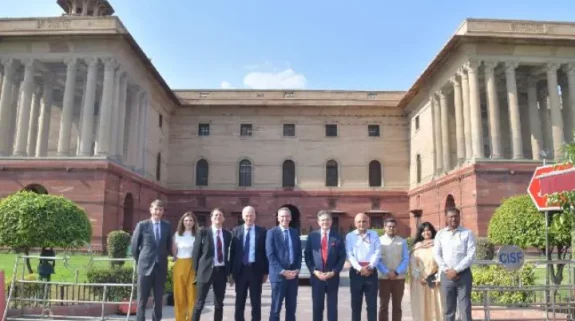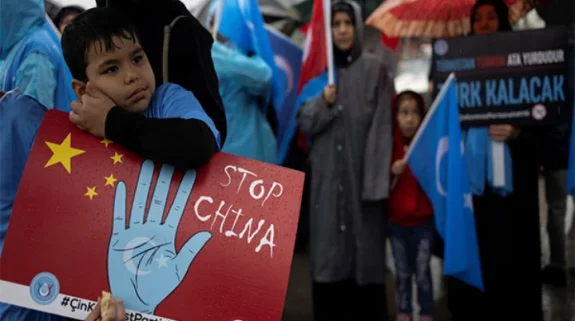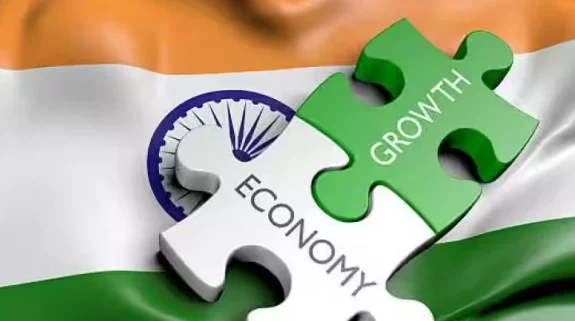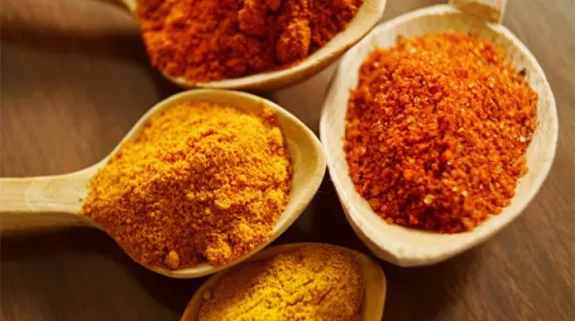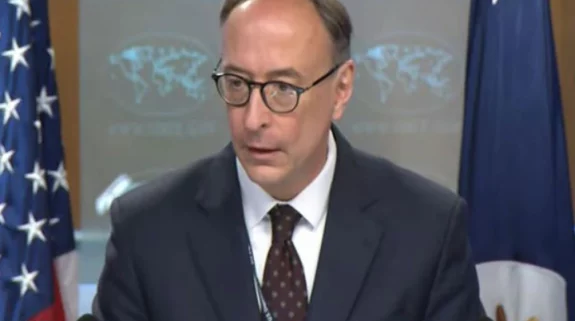The British government last week highlighted that a small group of pro-Khalistan activists is spreading a false narrative that Britain is colluding with India to persecute Sikhs. In its counter-terrorism review, the government said these groups are glorifying pro-Khalistan violence in India.
The review added that though the current threat to the UK is low from the pro-Khalistan movement, it could escalate in the future. Warning about “pro-Khalistan extremism emerging from the UK’s Sikh communities”, it also noted that rhetoric from clerics in Pakistan is radicalising British Muslims against India.
A similar story is evolving in Australia where Khalistan groups have been trying to muster support lately.
Sources say that Khalistan supporters have spread to Australia in a bid to raise support for the creation of Khalistan in Punjab and parts of Haryana, Rajasthan, Uttar Pradesh and Himachal Pradesh.
Sources told India Narrative that support for the Khalistan referendum is being raised through social media with hashtags #freepunjab, #khalistanzindabad, #freepoliticalprisoners and #freesikhprisoners. The website and the voter registration card for the Khalistan referendum in Australia was created in the US, showing close linkages between Khalistani networks across the world.
#Khalistan #Referendum in #Brisbane on March 19 as #Modi meets #Australian #PM
On the heels of Indian Prime Minister Narendra Modi gearing up to host Australian Prime Minister Anthony Albanese, pro-Khalistan secessionist group Sikhs for Justice (SFJ) pic.twitter.com/tVM4PzWhCP
— Peter Ilyas (@peterilyas2) February 11, 2023
The referendum that took place on 29 January this year saw violence and arrests by the Australian police.
Besides being active on social media, the Khalistan groups are carrying out targeted killings of Hindus in Punjab. They are matching online activism with on-ground support in India and other countries. The groups are organising, or have already organised, anti-India events in Vancouver, Calgary, Edmonton, Winnipeg, Toronto and Montreal.
Besides these cities, they have also launched agitations in Punjab by blocking roads leading from interior Punjab to Chandigarh, asking for release of prisoners who have been jailed for militancy. Groups that have blocked the Punjab-Chandigarh borders include a handful of people from diverse organisations affiliated to faith-based groups and farmers unions.
Amritpal Singh, the head of Waris Punjab De, a pro-Khalistan organisation, has already said anyone who supports the Indian government irrespective of whether the person is a Hindu, Sikh or Muslim, is an enemy. He recently warned, “If the government does not listen to our demands and release Sikhs from prison, we will change our course of action”, indicating more violence.
Punjab: Qaumi Insaf Morcha attacks Police with swords and other weapons, while demanding release of political prisoners.
Radicals are running around on horses and tractors. Reportedly Police vehicles have been damaged.
“Khalistani Zindabad” chants also were being heard#AAP pic.twitter.com/SGmSwlxf3l
— Manish Pangotra🇮🇳 (@ManishPangotra5) February 8, 2023
The groups are trying to woo Sikhs in the UK by lobbying for the release of British national Jagtar Singh Johal who was arrested from Jalandhar for his role in the targeted killing of RSS leader and retired brigadier Jagdish Gagneja. Johal’s supporters have been flooding social media platforms with #freejagginow hashtags without mentioning his role in pro-Khalistan killings in Punjab.
Authoritative sources said that various individuals from India living abroad and groups like Waris Punjab de and Qaumi Insaaf Morcha are some of the main instigators of the Khalistan movement.
Came across this reel on Instagram.
How this Sikh father tells his kid what Khalistan movement really is.More Sikhs should speak out against the separatist Khalistanis like this man‼️ pic.twitter.com/FeHo925T2Z
— saloni🇮🇳 (@salonivxrse) February 7, 2023
Sources said that in Australia, Khalistanis clashed with the Indian community during the referendum event at Federation Square, Melbourne, where 55,000 people voted, indicating that the case for breaking up India has not found favour among Australian Sikhs.
Australia has become the latest hotspot in the Khalistani movement against India where Khalistan supporters recently sprayed graffiti on Hindu temples in a bid to ignite inter-faith tensions. Australia has frowned upon such activities, unlike Canada.
What the British government noted last week regarding Khalistan is beginning to happen in Australia now. Canada, which had given free rein to the separatists has already seen an uptick in violence with a spectacular rise in social tensions among communities due to the Khalistan referendum which is openly fuelled by Pakistan.
Also read: Has the UK finally woken up to the threat of Islamist extremism?






